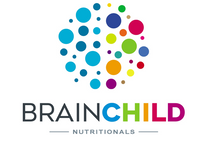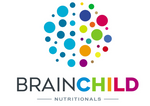Spotlight On Active Folate

It's no secret that folate is important for the body. This vitamin helps make red blood cells and it's especially important during pregnancy. But many people don't get enough folate in their diet, which can lead to health problems down the road. Thankfully, there are ways to supplement your diet with this essential vitamin.
What is Folate and what does it do for the body?
Folate is a water soluble vitamin that is found in leafy green vegetables, dried beans, lentils, eggs, oranges and other citrus fruit, fortified breads (made with folic acid), fortified breakfast cereals (like oatmeal) mixed grains like rice or wheat. This vitamin is important for the body because it helps make red blood cells and it's essential during pregnancy.
What are the health benefits of getting enough folate?
There are many health benefits to getting enough folate in your diet. Folate helps keep your heart healthy by reducing your levels of homocysteine. High levels of homocysteine can damage your arteries and increase your risk of heart disease. Folate can also help prevent birth defects in the fetus.
How can you get enough folate?
Folate is found in dark green leafy vegetables, beans, peas, and nuts. Fruits rich in folate include oranges, lemons, bananas, melons, and strawberries. The synthetic form of folate is folic acid. It is in an essential component of prenatal vitamins and is in many fortified foods such as cereals and pastas.
Folate deficiency can occur when your diet lacks rich foods in folate or folic acid and also in people who have celiac disease. A deficiency in folate can lead to higher levels of homocysteine, neurological diseases, and mood disorders. This water-soluble B-complex vitamin is essential for the maintenance of cellular functions and health.
Folate is one of the most common nutritional deficiencies. Multiple conditions can lead to folate deficiency such as, malabsorption, enzyme defects, digestive system pathology, liver disease and situation of high rate of cell as rapid tissue growth (infants, kids and adolescents) pregnancy and lactation.
It is recommended that adults consume 400 micrograms a day. Pregnant women should get 400 to 1,000 mcg of folic acid a day, for one month prior to conception and for the initial 12 weeks. Learn more about Active Folate Liquid here. If your prefer tablets, check out Active Folate and Methyl B12 here.






